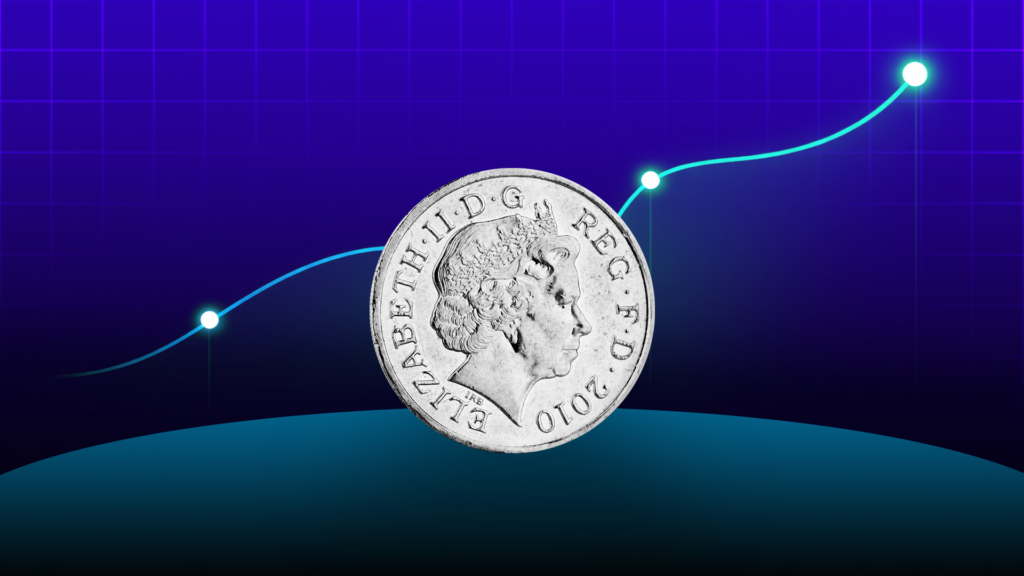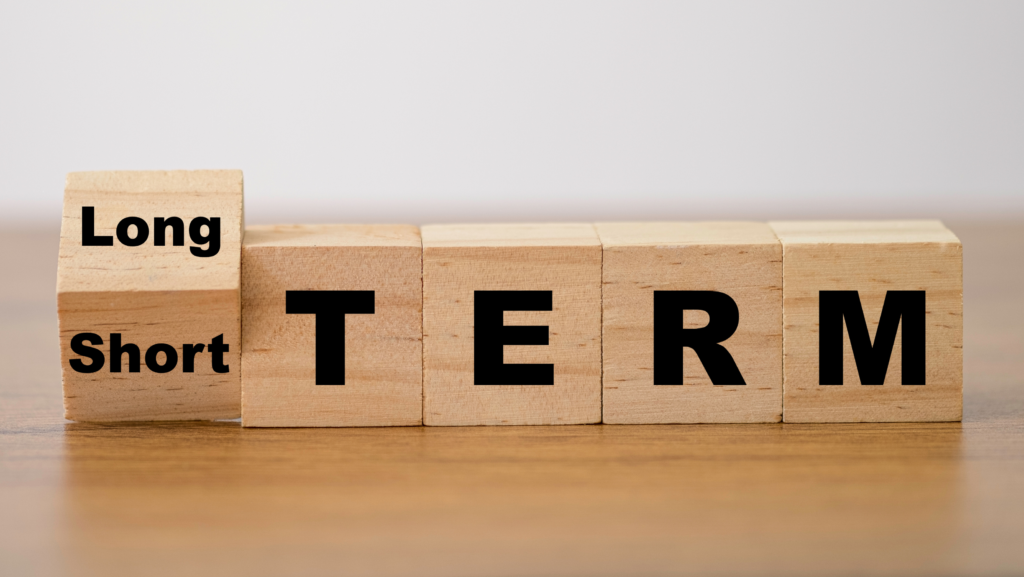So you know that investing in stocks is one of the most effective ways to beat inflation and accumulate wealth over the long term. But when you get down to it, there are several different kinds of stocks to choose from — large-cap, small-cap, growth stocks, dividend stocks, and more. In this article, we’ll explore dividend stocks in detail, and why adding them to your portfolio might be a good idea.
When you hear of dividend investments or dividend stocks, several questions probably come to your mind — what is a dividend in the stock market, what are dividend stocks, are they better investments than non-dividend-paying stocks, how to invest in dividend stocks, etc. Read on to find out the answers to all of these important questions.
Table of contents
1. What are dividend stocks?
2. Reasons to consider investing in dividend stocks
3. How to choose the right dividend stocks to invest in?
4. How to invest in dividend stocks?
5. The verdict on dividend stocks
6. Frequently asked questions
1. What are dividend stocks?
When a company earns profits, it might distribute a part of those profits to its shareholders in the form of dividends. The stocks of companies that do so regularly are called dividend stocks. Dividend stocks enable investors to get a more direct share of the corresponding companies’ profits, and to earn passive income during their investment period. Not all profitable companies pay dividends — many of them choose to reinvest their profits for growth and expansion plans, while others that have excessive debt use their profits to pay it off. Companies may also use profits to buy back their own stock or maintain cash reserves to meet unexpected costs.
But there are several companies with a well-established history of paying consistent dividends to their shareholders. And you will see many experienced investors with significant exposure to dividend stocks in their portfolios. Let’s take a look at the reasons why this is so.
2. Reasons to consider investing in dividend stocks
Dividend stocks offer various benefits, from regular income to lower volatility. The most important reasons to consider investing in dividend stocks include:
2.1 Dual benefits
One of the most common ways investors make money when they invest in stocks is through price appreciation — i.e. by selling their shares when the market price is higher than it was when they bought it.
However, in addition to the capital gains earned due to price appreciation, an investment in dividend stocks also sets you up to receive regular, passive income: for the entirety of the period you hold such stocks, you earn dividend income. You can use this passive income either to meet short-term goals or to supplement your salary or professional income. You can also reinvest dividends to benefit from the power of compounding.
Hence, dividend stocks offer the dual benefit of capital appreciation and passive income.
2.2 Potentially high yields
The ‘dividend yield’ is a financial ratio that indicates what percentage of the company’s share price it pays as dividends per year. While dividend yields of between 2% and 6% are seen as being good, there are several dividend stocks that have significantly higher yields — 10% and above.
While fixed deposits offered by banks are a popular source of passive income, the interest rates offered on them (typically something like 4% to 7%) tend to be lower than the yields of high-dividend stocks. In addition, fixed deposits do not offer the benefit of price appreciation like stocks do. As a result, your overall returns from dividend stocks can end up being significantly higher than those from fixed deposits. This is because you not only earn dividends but also profit from the increase in the price of the dividend stocks in question.
Fixed deposits also lack liquidity and might not beat inflation, unlike high-dividend stocks. Hence, investing in dividend stocks, particularly high-dividend stocks, is a great option if you want to get a high level of returns on your investment.
2.3 Less risky than other kinds of stocks
When companies pay dividends, it is often a sign of financial health — typically, companies only do so if they are profitable and have a steady cash flow. Usually, it is companies that are well-established and have consistent earnings that declare regular dividends. Hence, dividend stocks tend to carry less risk compared to non-dividend-paying stocks, and are typically less volatile.
In bear markets, it has been observed that dividend stocks outperform non-dividend-paying stocks and suffer lower price declines. This, however, is not always guaranteed. While dividend stocks outperformed other kinds of stocks in the aftermath of the 2001 tech bubble bursting and the 2008 financial crisis, this was not the case after the COVID-19 pandemic broke out.
2.4 Can help beat inflation
Inflation is the general increase in the price level of goods and services, which in turn, erodes the future value of the money you currently hold. Therefore, the most effective way to beat inflation and preserve your capital is to invest it in assets that earn returns at a higher rate than the inflation rate. Dividend stocks are one such kind of asset.
Your real return from a dividend stock is its price increase (as a percentage) plus dividend yield minus the inflation rate. For instance, say you have invested in a stock whose price increases by 4% in a year and which offers a dividend yield of 4%. If, during this period, the inflation rate is 6%, your real return from the investment would be 2% (4% + 4% – 6%). If this was not a dividend stock, its price increase of 4% would fail to preserve the value of your capital, as the real return would be negative.
Now that you know why investing in dividend stocks can benefit your portfolio, let’s look at how to pick the right dividend stocks to maximise these benefits.
3. How to choose the right dividend stocks to invest in?
When choosing dividend stocks, you need to look at factors beyond the dividend yield. First, the company should have demonstrated long-term profitability and growth — one or two profitable quarters are not good enough.
You should also look at the company’s earnings growth expectations and cash flows. This is necessary because even if a company has a good dividend-payment program in place, it also needs to have a steady cash flow to support it.
Another thing to look at is the company’s debt-to-equity ratio: the lower it is, the better. That’s because companies with higher debt burdens have to direct their profits toward paying off their debt instead of paying regular dividends.
Lastly, in addition to looking at the financial fundamentals of a company, you should also consider the broader sector it belongs to, and the trends and business cycle of that sector.
4. How to invest in dividend stocks?
There are two primary ways in which you can invest in dividend stocks. These are:
4.1 Individual stocks
You can directly invest in the dividend stocks of your choice once you have identified them. You will have to ensure, however, that these stocks are not only a good pick for earning dividend income but for your overall portfolio as well. For this, you will have to be confident in your market knowledge and have the time to research and carefully pick such stocks.
4.2 ETFs and mutual funds
Another way to invest in dividend stocks is through Exchange-Traded Funds (ETFs) and mutual funds. This is a more diversified way of investing in dividend stocks since you are investing not just in one company but in several companies at the same time. It is also a great option for investors who don’t have enough market knowledge or time to pick individual stocks, as professional fund managers do this on their behalf.
There are several kinds of ETFs, including dividend appreciation funds and high-yield funds, that offer a great way to add dividend stocks to your portfolio.
Both ways to invest in dividend stocks have their benefits. Whether you want to invest in dividend stocks individually or through ETFs, you can do so easily through Appreciate.
5. The verdict on dividend stocks
Dividend stocks, when carefully picked, can offer investors a fantastic deal. As long as you hold such stocks, you earn regular dividend income. And since dividend stocks are typically associated with well-established companies with strong financials, an investment in them helps hedge market volatility and appreciates in value over time. Hence, when you do decide to sell off your dividend stock investments at a later stage, you can also earn capital gains.
Find the right dividend stocks to strengthen your portfolio and set up a good source of passive income through the Appreciate app. Through Appreciate, you can access a wide range of high-dividend stocks, including the S&P 500’s dividend aristocrats — companies in the S&P 500 index that have increased their base dividend every year for 25 years. Download the Appreciate app today!
6. Frequently asked questions
6.1 Is it a good idea to invest in dividend stocks?
Yes, it can be a good decision to invest in dividend stocks if you want to set up a source of passive income. Dividend stocks can also help you beat inflation, and tend to perform better than non-dividend-paying stocks in bear markets.
6.2 Why do investors want dividends?
Dividend income is an additional source of income and can supplement salary and other income. Investing in the stocks of companies with a long history of paying consistent dividends can help you set up a reliable source of passive income, which is why many investors look for dividend-paying investments.
6.3 When should I invest in dividend stocks?
You should invest in a dividend stock before its ex-dividend date. This is essentially the date that determines your eligibility to receive a dividend. If you buy the stock of a company that has declared a dividend on or after the ex-dividend date, then you won’t be eligible to receive the dividend for that quarter or year. Instead, the seller will receive the dividend. Hence, you need to buy the stock at least one day before the ex-dividend date.
6.4 How long should you hold dividend stocks?
If you only want to benefit from a specific dividend programme announced by a company, you should hold the stock till the ex-dividend date. However, if you want to benefit from regular dividend income and capital appreciation, you should have a longer investment horizon. And in this case, the overall performance of the company, and not just the dividend yield, will determine when you should sell the stock.























